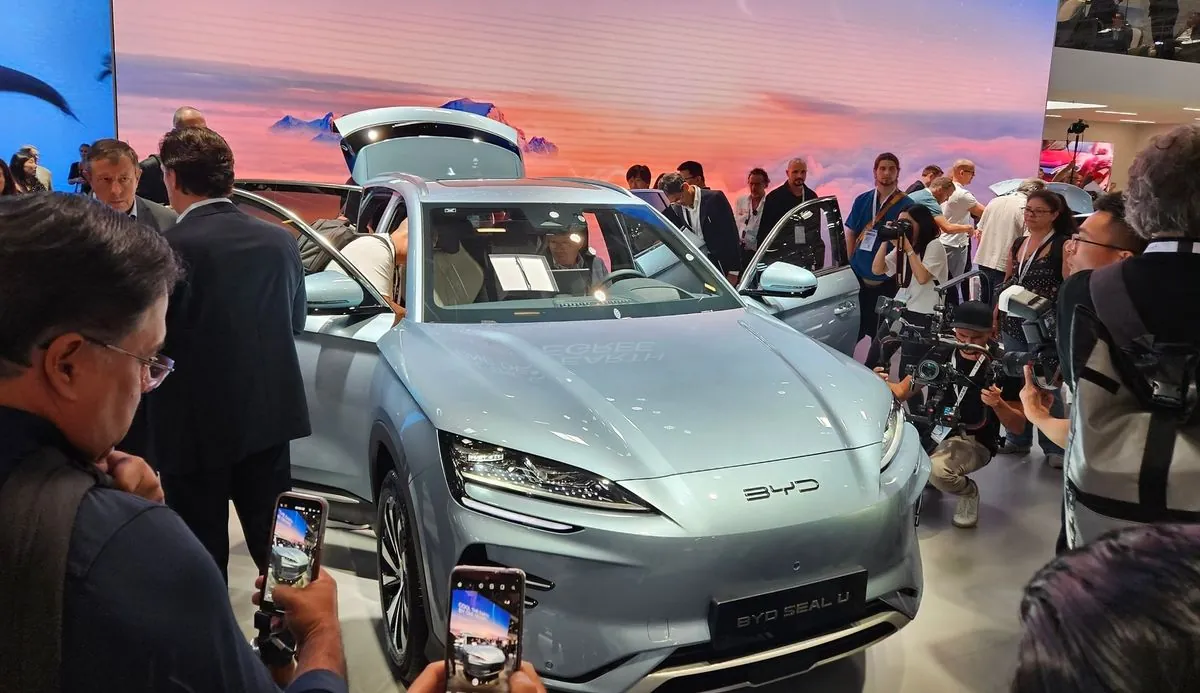In the first half of 2024, BYD Co Ltd has significantly widened its sales lead over Tesla Inc in Singapore's electric vehicle (EV) market, according to recent government data. This development underscores the growing challenge faced by Tesla from Chinese competitors in Southeast Asia's automotive landscape.
BYD's impressive performance in Singapore, despite its small market size, reflects the company's broader ambition to dominate the Southeast Asian EV sector. Founded in 1995, BYD has rapidly expanded its presence in the region, with Thailand emerging as its largest overseas market.
The contrasting fortunes of these two EV giants are evident in their recent financial reports. While Tesla reported its lowest profit margin in over five years during the second quarter of 2024, missing Wall Street earnings targets, BYD posted a 21% rise in sales for the same period. This disparity highlights the intensifying competition in the global EV market.
BYD's success in Singapore is particularly noteworthy given the city-state's unique automotive landscape. With a land area of just 728.6 square kilometers and a population of 5.9 million, Singapore imposes some of the world's highest vehicle taxes. Despite these challenges, BYD has managed to sell 2,587 EVs in the first half of 2024, an 83% increase from its entire 2023 sales figure. In contrast, Tesla sold 969 vehicles during the same period, only marginally higher than its previous year's performance.
The Chinese automaker has employed innovative marketing strategies in Singapore, including opening themed restaurants where customers can dine on dishes inspired by BYD car models and book test drives. This approach has helped BYD gain traction in a market where EV adoption has grown rapidly, from less than 1% in 2020 to over 30% in 2024.
"Singapore wants to stop the purchase of combustion-engine cars from 2030."
This ambitious target aligns with BYD's strategy, as the company ceased production of full internal combustion engine vehicles in March 2022. Singapore's push towards electrification, including the introduction of an EV Early Adoption Incentive in 2021, has created a favorable environment for EV manufacturers.
The shifting dynamics in Singapore mirror broader trends in Southeast Asia. Tesla's market share in the region fell from 6% to 4% in the first quarter of 2024 compared to the previous year, despite overall EV market growth of 37%. This decline highlights the challenges Tesla faces in establishing a strong presence in a market traditionally dominated by Japanese and South Korean gasoline car brands.
As the EV landscape continues to evolve, both BYD and Tesla are likely to intensify their efforts in Southeast Asia. With Singapore aiming to phase out internal combustion engine vehicles by 2040, the city-state serves as a microcosm of the broader transition to electric mobility in the region.
